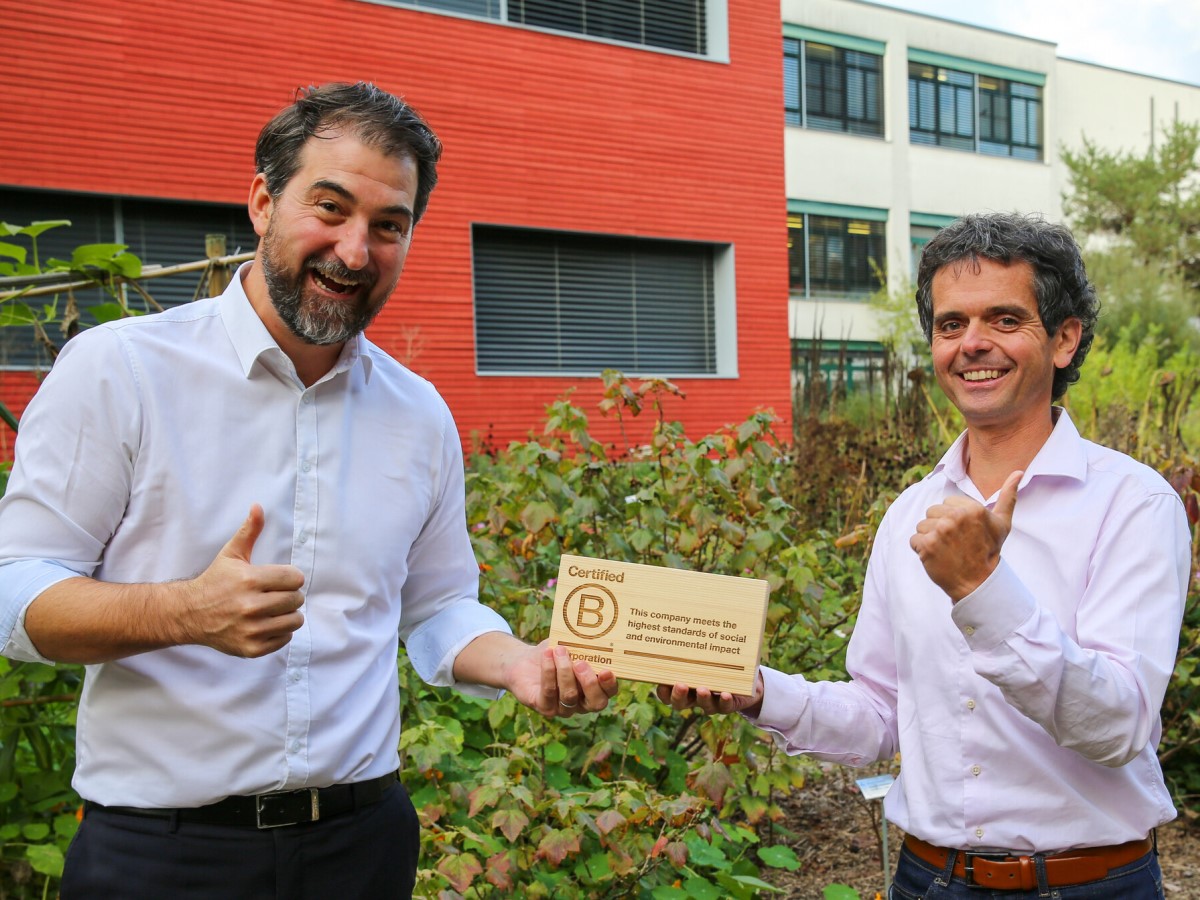Many Australian beauty brands are organic or naturally-based. But the recent multi-billion dollar acquisition of Aesop by L’Oréal and Grown Alchemist by L’Occitane are strong pointers to how seriously the major players envision the future of natural cosmetics. It’s not just Aussie brands hitting the big time as takeover targets, US and European brands are also attracting keen interest and offers on a regular basis.
It’s not hard to see why. According to Future Market Insights (FMI), the global natural cosmetics market is predicted to reach US$79.6 billion by 2033 – an annual CAGR of 5.1 per cent over the next decade.
By the end of this year, the worldwide market for natural skincare, haircare, body care and makeup will be US$45.4 billion, says the market research firm. The drivers of the market are well-known – more consumers are increasingly becoming more environmentally and health sensitive and are fast-tracking demand for organic and plant-based personal care products.
Another major factor is the increasing availability of natural cosmetics in mass and prestige mainstream and big box retailers all over the world. Many of whom now offer guidelines and seals of approvals for selected products such as Sephora’s Clean + Planet Positive seal, which helps consumers identify ingredients they want or would like to steer clear of.
Technology and formulation advances are also major contributors to the growth of the natural cosmetics market, says FMI. Increasingly, new formulas are more potent or perform a well as conventional cosmetics – a real plus when it comes to makeup.
Plant-based ingredients are the backbone of the natural cosmetics market, adds FMI – from oils and butters to essential oils and botanical extracts. Well-known contenders include aloe vera, coconut oil, jojoba oil, shea butter and rosehip oil. But as the natural cosmetics market has become more fiercely competitive, a new crop of plant-based ingredients such as squalane and bakuchiol, a natural alternative to retinol, have gained popularity and the leading manufacturers such as Givaudan, the world’s largest company in the flavours and fragrance category, regularly launch new natural ingredients though its Active Beauty division.
Sustainably sourced, produced and packaged has also become a significant consumer demand from consumers worldwide and they expect small and big brands to be more eco-friendly and adopt sustainable practices in their supply chains, notes FMI. A list of the best sustainable beauty brands for 2023 from Earth.org included REN, Aveda, Lush, Clarins, Weleda and The Body Shop.
North America is the world’s largest market for natural cosmetics, says FMI, followed by Europe. The Asia/Pacific region is also on-track to enjoy explosive growth. Chinese Millennial and Gen Z consumers are driving the natural cosmetic market in Europe and L’Oreal acquired Aesop with an eye to China and and reaching more Chinese consumers.
As the natural cosmetics market has ballooned, differentiation has become just as crucial as it is in mainstream cosmetics to stand out from the crowd, says FMI. Smaller brands may get a lot of attention, but the market researcher reveals that L’Oréal, Amway, Beiersdorf, Kao Corporation and Mary Kay are some of the key players in the sector.
Read the current issue of our digital magazine below:
- For more news and updates, subscribe to our weekly newsletter
- Follow us on Instagram
- Like us on Facebook

